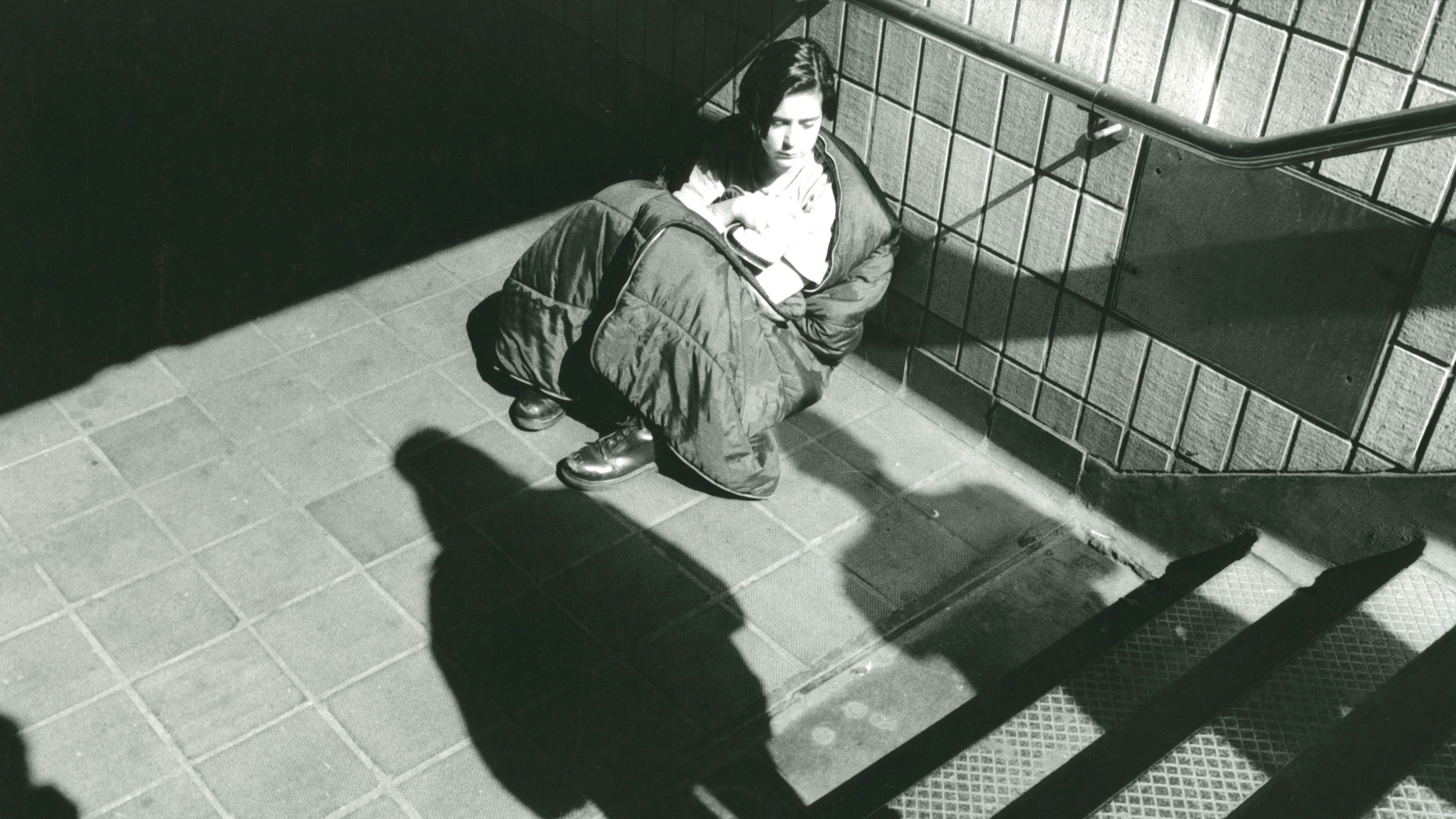Coming home for Christmas? Why homelessness amongst women during the festive period is on the rise
The number of women spending the festive period homeless has risen by 50 per cent since 2011. Marie Claire reports…


The number of women spending the festive period homeless has risen by 50 per cent since 2011. Marie Claire reports…
‘Within months, I had gone from working full-time as a nursery nurse to being alone with my baby in a temporary hostel that had mouldy walls and a broken toilet, which I shared with 19 other families,’ says Stacey, 26. ‘I would lie awake at night thinking, “How did I end up here?”’
Stacey isn’t an anomaly. With a 13 per cent rise in the last year alone, there are now 56,000 homeless women in the UK. When we think of homelessness, rough sleepers in shop doorways spring to mind. But that’s only part of the growing problem – the part we can see. What about the young women sleeping in night shelters, spending Christmas in unsanitary hostels, or drifting from sofa to sofa, relying on friends to provide an elusive roof over their heads?
Having split from her partner of seven years when their son was small, Stacey went to live with her mum, but felt she needed to move out after a row. She then sofa-surfed at friends’ houses for the next few months. But as her financial situation worsened (she was on maternity leave and unable to afford childcare), finding a place to rent grew increasingly difficult. ‘You can only rely on friends for so long before you start to feel like a burden and it chips away at your dignity,’ says Stacey.
The shortage of social housing is driving people into the already saturated private rental sector. Fiercely competitive, unstable and often unattainable for those claiming benefits (57 per cent of landlords refuse to let their properties to anyone on housing benefits) means that Generation Rent is more vulnerable than ever. ‘There has been a dramatic increase in the number of working people who find themselves homeless, and a quarter of those confirmed as homeless by local authorities are two-parent families with children,’ says Kate Webb, head of policy for homelessness charity Shelter. ‘This is not about individual people and the rights and wrongs of their lives – it’s a wider issue caused by the breakdown of the housing system. And it’s renters who are bearing the brunt. In a deliberately insecure market – tenancy agreements generally last for 6-12 months – renters are spending the largest proportion of their income on housing costs. Wages are stagnant and jobs uncertain, especially for those on zero-hours contracts. So, if tenants are asked to leave by landlords, they’re finding it more and more difficult to find somewhere else to live.’
It’s a reality that thousands of women are facing. Domestic violence is also often a precursor to homelessness – women who have been abused are 20 times more likely to become homeless than those who haven’t. Shelter has also issued a warning about a rise in sordid adverts on listings sites such as Craigslist, which target homeless women by offering them accommodation in exchange for sex. In fact, 28 per cent of women on the streets have reported having had unwanted sex just to get a roof over their head. Once in the spiral, they are more likely to suffer from poor mental health and addiction and, on average, die at just 43 years old.
The shocking figures have led to calls for the government to deliver more genuinely affordable housing, tackle the social- housing shortage and build bridges between landlords and tenants via longer tenancy agreements, and for housing benefits to be paid directly to landlords.
Marie Claire Newsletter
Celebrity news, beauty, fashion advice, and fascinating features, delivered straight to your inbox!
For Stacey, the process of being allocated social housing was painful. ‘I was in a B&B for eight weeks, but it was damp so I didn’t feel [it was] safe for my son, who was born three months prematurely and had had pneumonia,’ she says. Afterwards, Stacey was moved to a women’s hostel, which was worse – she and her son spent Christmas Day there last year. ‘The kitchen was filthy and our bed was broken with springs sticking out of it,’ she says. ‘It got to the point where I wasn’t sure I wanted to wake up in the morning.’
The hope for next year is that the government will commit to building affordable homes, including rentals, for people on all incomes. ‘Local authorities also need to be given the financial help they badly need so that families aren’t spending Christmas in substandard accommodation,’ says Webb.
Stacey and her son, now two, finally secured social housing in January this year. ‘Now we have the stability we craved, I can go back to work and think about where I want my son to go to school without the fear that I might have to move him,’ she says. ‘We’ll also have a nice big tree this Christmas.’
This year marks the 50th anniversary of Shelter. To support its emergency Christmas appeal and donate, visit shelter.org.uk. If you think you might be at risk of losing your home, call Shelter’s free advice line on 0808 800 4444.
-
 Penn Badgley and Blake Lively kept their breakup a secret from the Gossip Girl cast and crew - here's what we know about their former relationship
Penn Badgley and Blake Lively kept their breakup a secret from the Gossip Girl cast and crew - here's what we know about their former relationshipBy Jenny Proudfoot
-
 Spring has finally sprung - 6 best outdoor workouts that are totally free and boost both body and mind
Spring has finally sprung - 6 best outdoor workouts that are totally free and boost both body and mindSoak in the nature and boost Vitamin D *and* endorphins.
By Anna Bartter
-
 This iconic rose perfume is a compliment magnet—it makes me feel ‘put together’ after just one spritz
This iconic rose perfume is a compliment magnet—it makes me feel ‘put together’ after just one spritzGrown-up and elegant, yet not at all dated.
By Denise Primbet